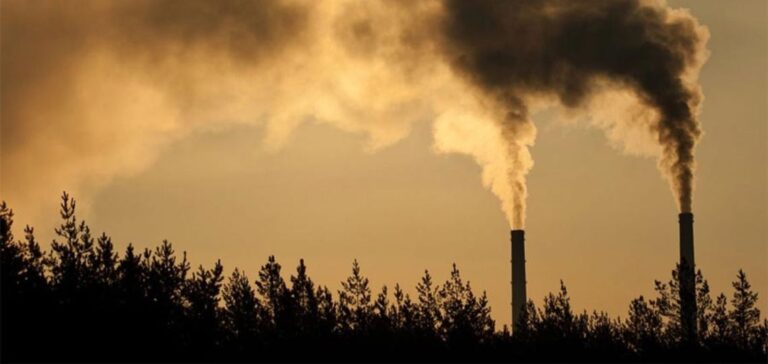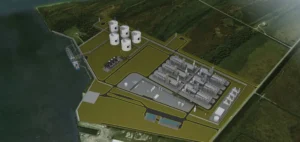A report by the Gas Exporting Countries Forum (GECF) released on Wednesday, February 16, 2023, indicates that gas consumption fell sharply in January in several regions of the world. In fact, the European Union and the United Kingdom have seen gas consumption fall by 19% and 16% respectively. This was largely due to above normal seasonal temperatures, which reduced heating demand. In addition, energy conservation efforts and high European market prices have contributed to curbing gas consumption in the EU. The report also highlights that hydro, wind and solar power generation have grown significantly in the UK.
The impact of weather conditions on gas consumption
The GECF report, which is based on the Opec report, points out that weather conditions have a significant impact on gas consumption. In the United States, mild temperatures and the industrial slowdown are cited as reasons for an 8.8% drop in gas consumption to 92 bcm. The report also reviews several Asian countries, but on heterogeneous comparative bases.
Changes in gas production in Europe
The report highlights that in the European Union, gas used in power plants decreased by 13% in January over a year, to the benefit of coal (+24%) and hydro (+8%). In addition, Russian gas deliveries via pipelines fell by 58% compared to the average for the period 2019 to 2021, while Norwegian gas became the leading pipeline supplier in 2022, providing 47% of deliveries.
Forecasts for the liquefied natural gas market
The global liquefied natural gas market, under pressure since the war in Ukraine, is expected to remain tight until the end of 2025 due to strong European demand. However, it could find itself in overcapacity after that period, according to the Institute for Energy Economics and Financial Analysis (IEEFA) think tank.
The GECF report is the first of its kind for this group of gas producing countries formed around Qatar. It highlights changes in gas consumption and production in several regions of the world, and offers forecasts for the liquefied natural gas market. GECF members, which include twelve member states, claim 72% of the world’s reserves and 44% of the world’s sold gas production.






















